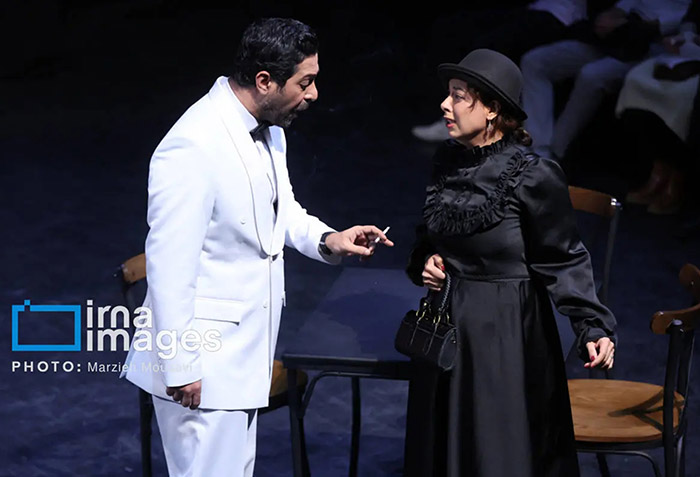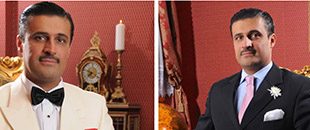Paul Henreid’s Victor Laszlo, though sometimes overshadowed by the central romance, embodies the film’s moral backbone. His calm determination and unwavering commitment to resistance contrast with Rick’s inner turmoil, highlighting the tension between personal emotion and political principle. Claude Rains, as Captain Renault, delivers one of the film’s most nuanced performances, blending charm, irony, and ambiguity. His transformation from self-serving bureaucrat to reluctant ally mirrors Rick’s own moral awakening.
The supporting cast—including Conrad Veidt as the menacing Major Strasser, Sydney Greenstreet as the opportunistic Signor Ferrari, and Peter Lorre as the desperate Ugarte—adds depth to the film’s richly textured world. Each character, however briefly on screen, contributes to the mosaic of intrigue and humanity that defines Casablanca.
Reception and Awards
Upon its release, Casablanca was not immediately recognized as the cinematic milestone it would become. Premiering in New York City on November 26, 1942, it entered general release in January 1943, timed to coincide with the Allied invasion of North Africa. The film performed solidly at the box office, earning critical praise for its performances and dialogue but not extraordinary attention amid the wartime flood of Hollywood releases.

